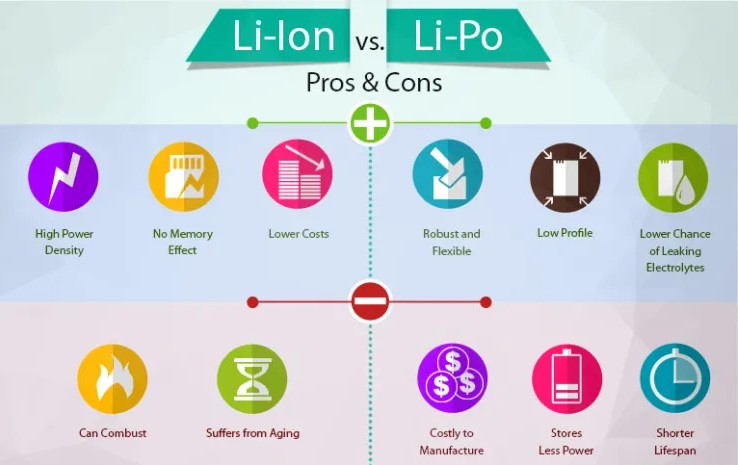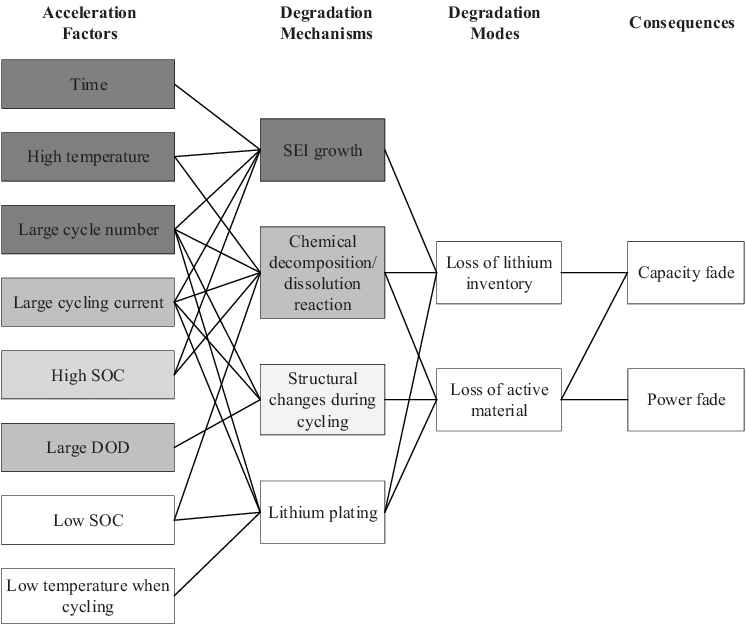In the rapidly evolving landscape of smartphone technology, one feature that has garnered both excitement and concern is fast charging. As companies push the limits of charging speeds, questions arise about the potential damage such rapid charging might inflict on smartphone batteries. In this article, we’ll delve into the science behind smartphone batteries, explore the factors that contribute to battery degradation, and uncover whether fast charging truly poses a threat to your device’s longevity.
The Evolution of Fast Charging
Remember the days when a full charge took hours? From the early iPhone models charging at a mere five watts to the current Xiaomi 12 Pro’s blazing 120-watt charger that can fill your battery from zero to 100% in just 17 minutes, the evolution of charging speeds has been remarkable. However, along with these advancements, concerns have emerged about the impact of fast charging on battery health.
The Chemistry of Smartphone Batteries

To understand the effects of fast charging, it’s crucial to grasp how smartphone batteries work. Most modern smartphones rely on lithium-ion or lithium-polymer batteries. These batteries consist of positive and negative sides, with lithium ions flowing between them through an electrolyte solution to generate energy. Charging the battery involves moving these ions back to their original positions.
Charging Curves and Heat Generation
Batteries, much like sponges, absorb energy most efficiently when their charge levels are low. As they fill up, efficiency diminishes, and excess energy is dissipated as heat. This phenomenon leads to charging curves, where charging speeds peak early and then gradually taper off. High charging speeds, often touted in marketing, represent peak capabilities rather than constant rates.
Factors Contributing to Battery Degradation

Smartphone batteries inherently degrade over time due to the repetitive flow of ions through the electrolyte solution. While companies have made strides in battery chemistry, they still operate within constraints. Factors such as deep discharges, high temperatures, and charging to 100% can accelerate this degradation. Heat, in particular, is a major catalyst for battery wear, as excessive heat can cause electrolyte crystallization, leading to clogs that hinder ion flow.
Mitigating Battery Damage
Companies have not ignored the concerns surrounding battery health. They have implemented strategies to counteract the potential negative effects of fast charging. Techniques like parallel charging, splitting the battery into smaller cells, and advanced power management in chargers and devices aim to reduce heat generation. Additionally, manufacturers have incorporated cooling mechanisms and software algorithms to regulate temperature and optimize charging.
If you’re in need of Battery Repair and Replacement Services, reach out to us today. We’re here to assist you.
Industry Standards and Testing
The question arises: What constitutes battery “ruin”? Industry standards typically target 80% battery health after around 800 charge cycles. This metric translates to roughly two years of regular usage, indicating that batteries will naturally degrade over time. However, the latest smartphone advancements have consistently outperformed these standards, promising sustained battery health even with rapid charging technologies.
Conclusion: The Future of Fast Charging
The consensus among smartphone manufacturers is clear: fast charging, when implemented properly, does not inherently harm battery health. While concerns about heat generation and degradation are valid, industry efforts to counteract these effects have yielded impressive results. Users can maximize battery longevity by employing good practices—avoiding excessive heat exposure, using software tools to optimize charging, and embracing cooling mechanisms.
As technology continues to evolve, smartphone companies are likely to refine fast charging technologies further. While some skepticism is natural, the evidence suggests that fast charging, accompanied by intelligent battery management, can coexist without compromising the longevity of your smartphone’s battery.
In the end, your smartphone’s battery life is in your hands. By understanding the science, embracing technological advancements, and using your device wisely, you can enjoy the benefits of fast charging without worrying about its impact on your smartphone’s longevity.
